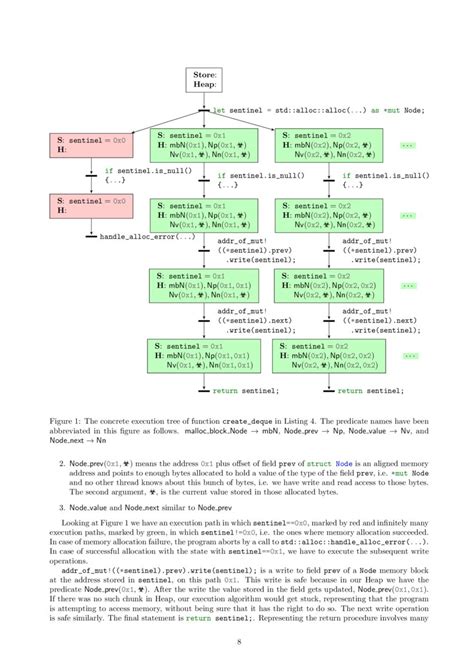The recent endeavor to translate Rust’s core and alloc crates to Coq for formal verification has garnered noteworthy attention in the tech community. The groundbreaking approach of using Coq, a proof assistant, to verify Rust programs opens up new avenues for ensuring code reliability and security. The trust in the toolchain, as highlighted by experts, brings to light the recursive nature of the process, reminiscent of diverse double-compiling strategies to counter potential attacks.
Thaliaarchi’s insightful comment touches upon the verification process starting at the THIR level and delves into the possibility of easier verification with more functional definitions. The shift towards functional definitions in proofs, as mentioned, aligns with the approach of proving equivalence between definitions, ensuring semantic preservation during translation from Rust to Coq.
Derredede’s query about the formalization work for Rust sheds light on the challenges faced in formalizing Rust at different levels. Clarus’s response emphasizes the use of MIR level formalization, paving the way for more amenable formal specifications, albeit with some loss of information compared to THIR representation.
The discussion surrounding compiler validation and translation validation adds a unique dimension to the conversation. Thaliaarchi’s parallel with seL4’s translation validation approach showcases the complexities involved in verifying compiler outputs and source semantics. The comparisons with CompCert and translation validation techniques bring forth the intricate layers of ensuring trust and correctness in the software development process.
The comments also touch upon the industry funding landscape, highlighting the role of cryptocurrency in driving advancements in Rust, Coq, and supporting academic research. The intersection of cryptocurrency, correctness constraints, and philanthropic alignment emerges as a stimulating point of discussion within the tech ecosystem.
The challenges posed by formal verification, particularly in translating code to Coq and ensuring the validity of proofs, raise pertinent questions about the manual intervention involved in the process. The complexities of translating code automatically, as discussed by Weinzler, underscore the critical balance between human intervention and automated verification processes.
Clarus’s insights into the automatic translation with coq-of-rust shed light on the evolution of the process from manual to automated translations. The ability to fix issues in translations within the coq-of-rust tool and update all translations signifies a significant advancement in streamlining the verification process.
The discussions around loops, recursion, and memory handling in Rust programs unveil the intricacies of formal verification and the construction of execution traces to prove program termination. The emphasis on a custom allocator for reasoning about pointers in proofs showcases the innovative strategies employed to simplify the translation and proof processes.
Overall, the journey towards formal verification of Rust programs using Coq brings to the forefront a confluence of challenges, innovation, and industry trends. By exploring the nuances of trust, translation validation, and the quest for more secure software practices, the tech community continues to push the boundaries of code reliability and correctness in modern programming languages.


Leave a Reply